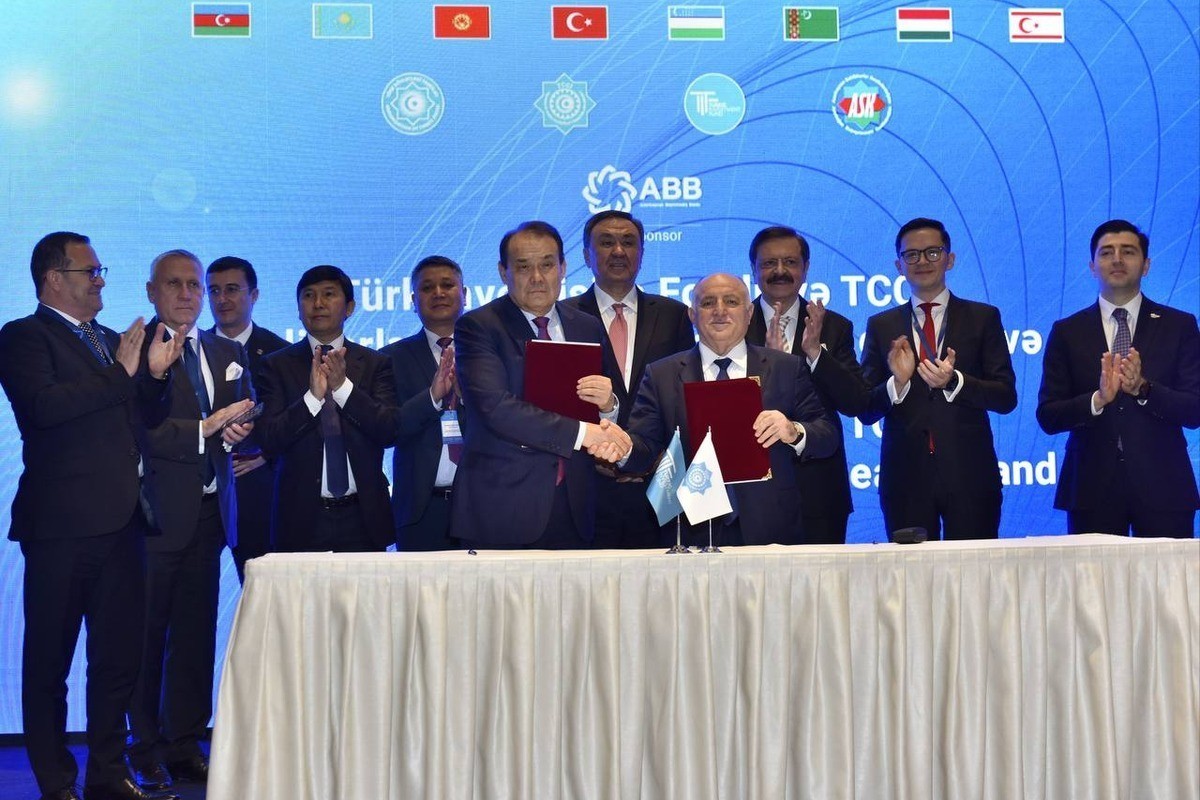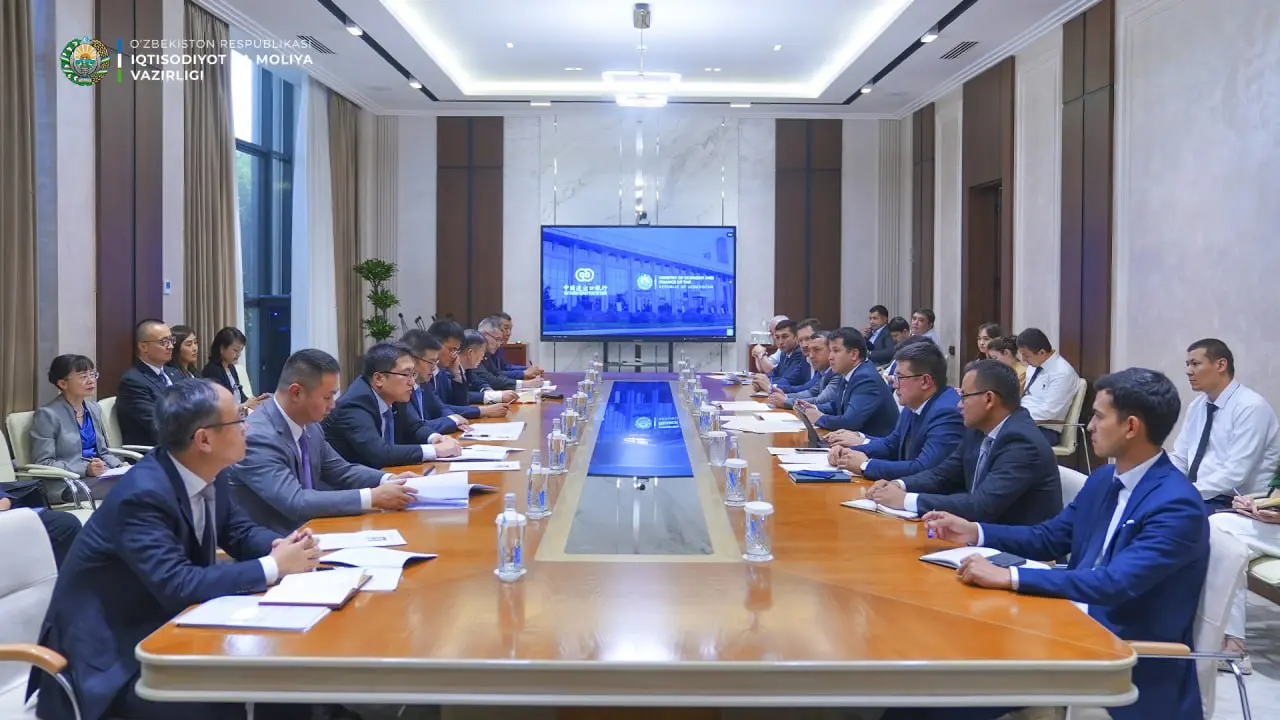In the structure of the Tax Committee of the Republic of Uzbekistan, a new specialized structure has been formed — the Interregional Tax Inspectorate. Its main task is to ensure supervision of compliance with the requirements of digital labeling of goods, as well as to implement new tax control mechanisms in this area.
The establishment of the inspectorate is related to the implementation of the updated regulatory framework, which will come into force on September 1, 2025. In accordance with the new rules, any violation of the requirements for labeling goods will be considered as a basis for recognizing a taxpayer as a subject with a high level of tax risk. This, in turn, will lead to increased oversight and restrictions on access to a number of tax preferences.
One of the key provisions of the new system will be a ban on issuing electronic invoices (e-invoices) when selling marked goods without a unique marking code attached. In retail, the changes will affect the process of creating receipts when using online sales registers — the receipt will be generated only after entering the correct and valid code. If the same code is used repeatedly, the cash register system will refuse to issue the receipt, and information about the violation will be recorded in the tax monitoring system.
Significant changes are also planned for the pharmaceutical sector. When licensing the sale of medicines and medical devices, additional conditions are introduced. These include the availability of an official lease agreement or agreement on the gratuitous use of the premises, as well as the possibility of making electronic payments using modern payment instruments. These measures are aimed at legalizing the turnover of pharmaceutical products and reducing the share of unrecorded sales.
Special attention will be paid to monitoring the sale of unmarked or counterfeit medicines. If such facts are discovered during a tax audit, the company's license may be temporarily suspended at the initiative of the tax authorities. This provision is intended to strengthen discipline in the pharmaceutical market and prevent threats to the health of citizens.
Starting from January 1, 2026, a new format of remote tax audits focused on identifying violations in the field of digital labeling will be introduced. Under this format, the taxpayer will be issued a warning when violations are detected for the first time, but penalties are provided for repeated incidents. Despite the fact that the amount of fines in the case of remote control will be reduced, for companies found to have violated four or more times in one calendar year, a serious restriction is introduced: such entities will not be provided with a refund for value-added tax (VAT) during the next year.
The new control system is designed not only to increase the transparency of trade turnover, but also to encourage the integrity of market participants. The Interregional Tax Inspectorate will play a key role in ensuring compliance with the new rules, as well as in implementing a long-term digital transformation strategy for tax administration in Uzbekistan.












